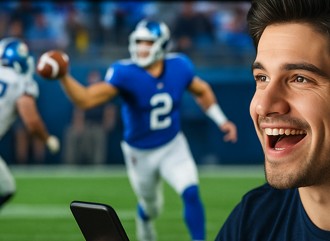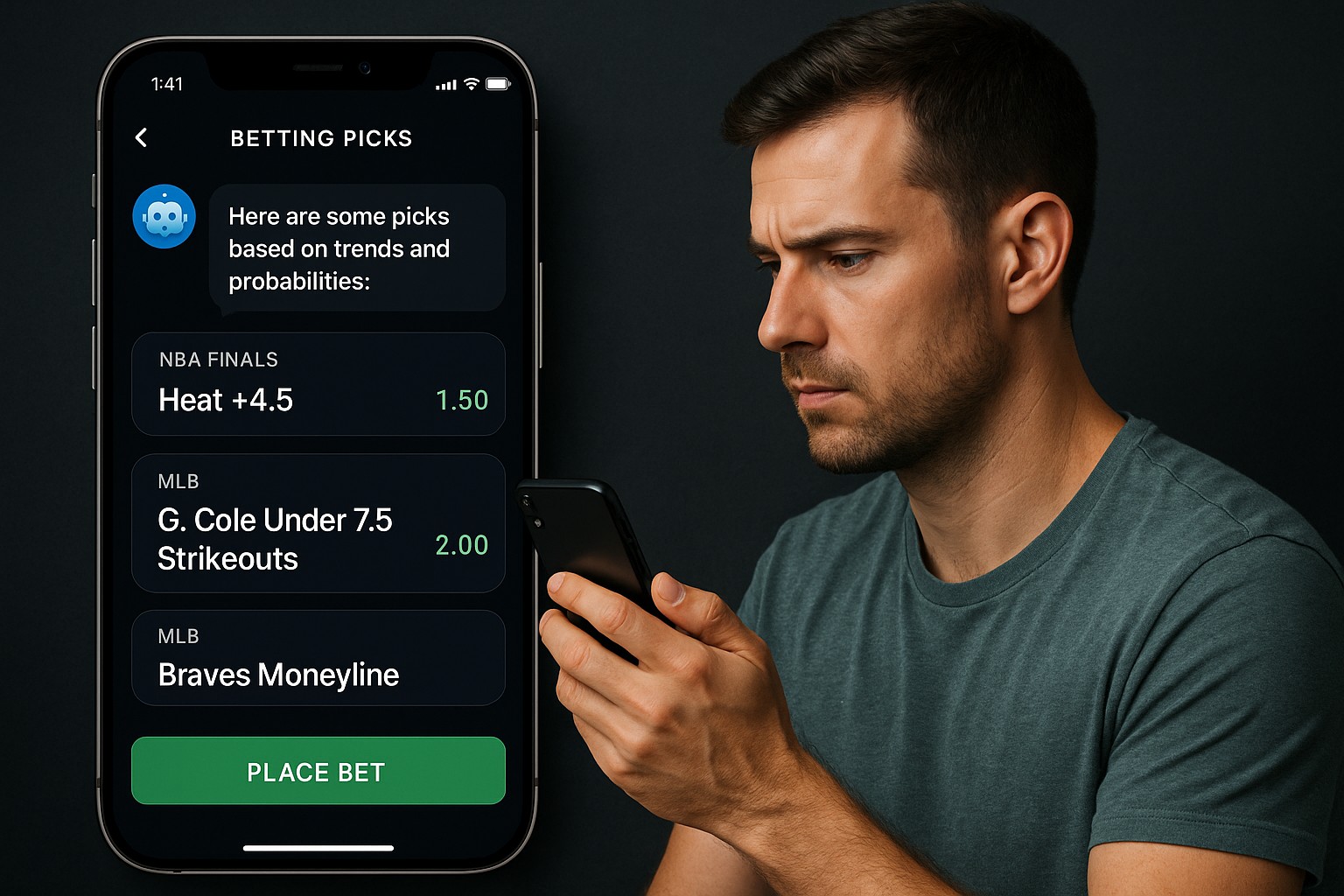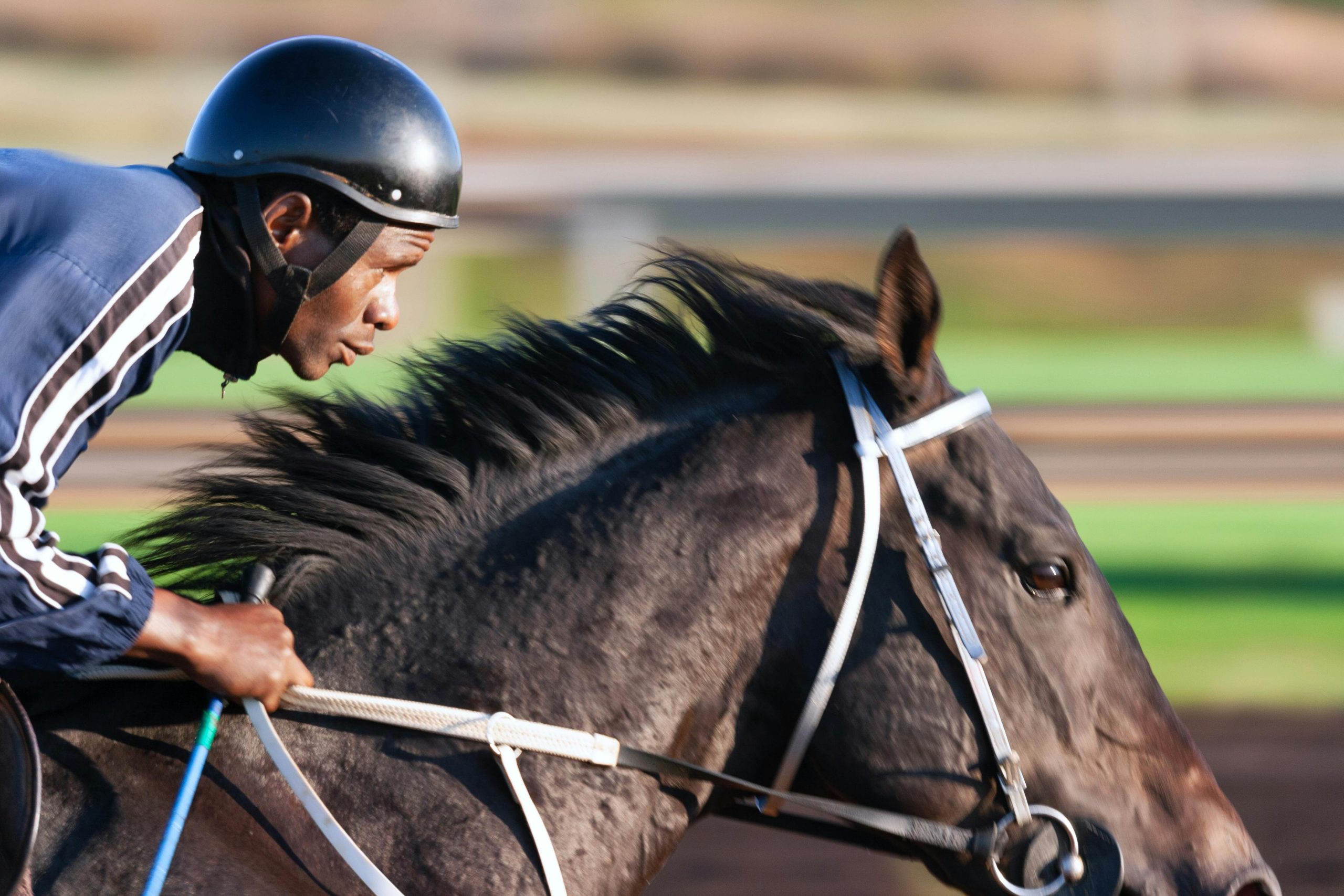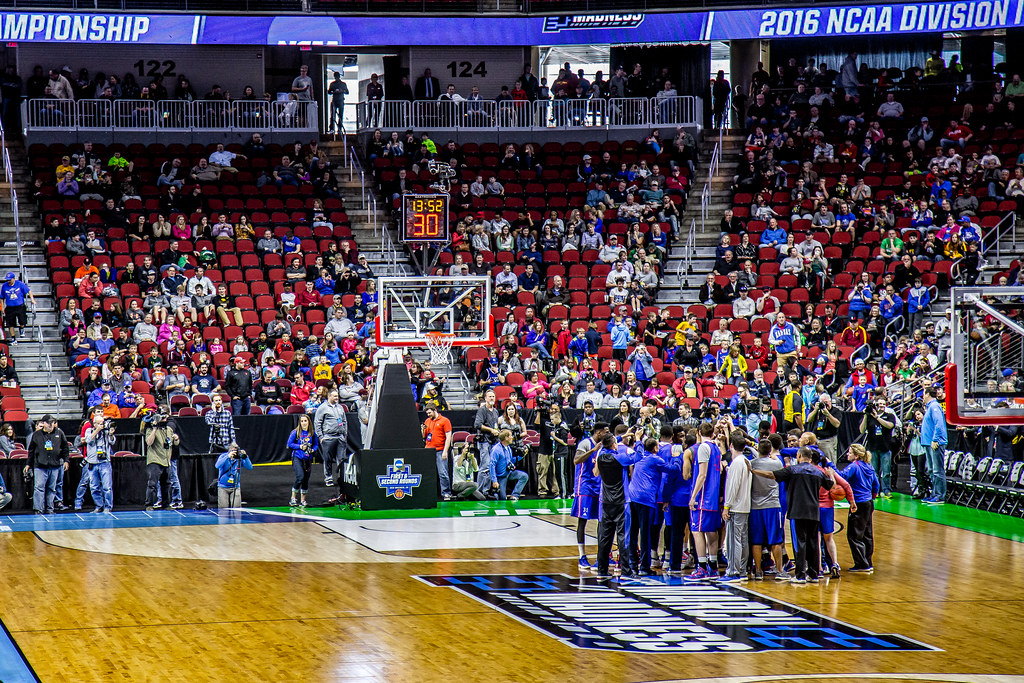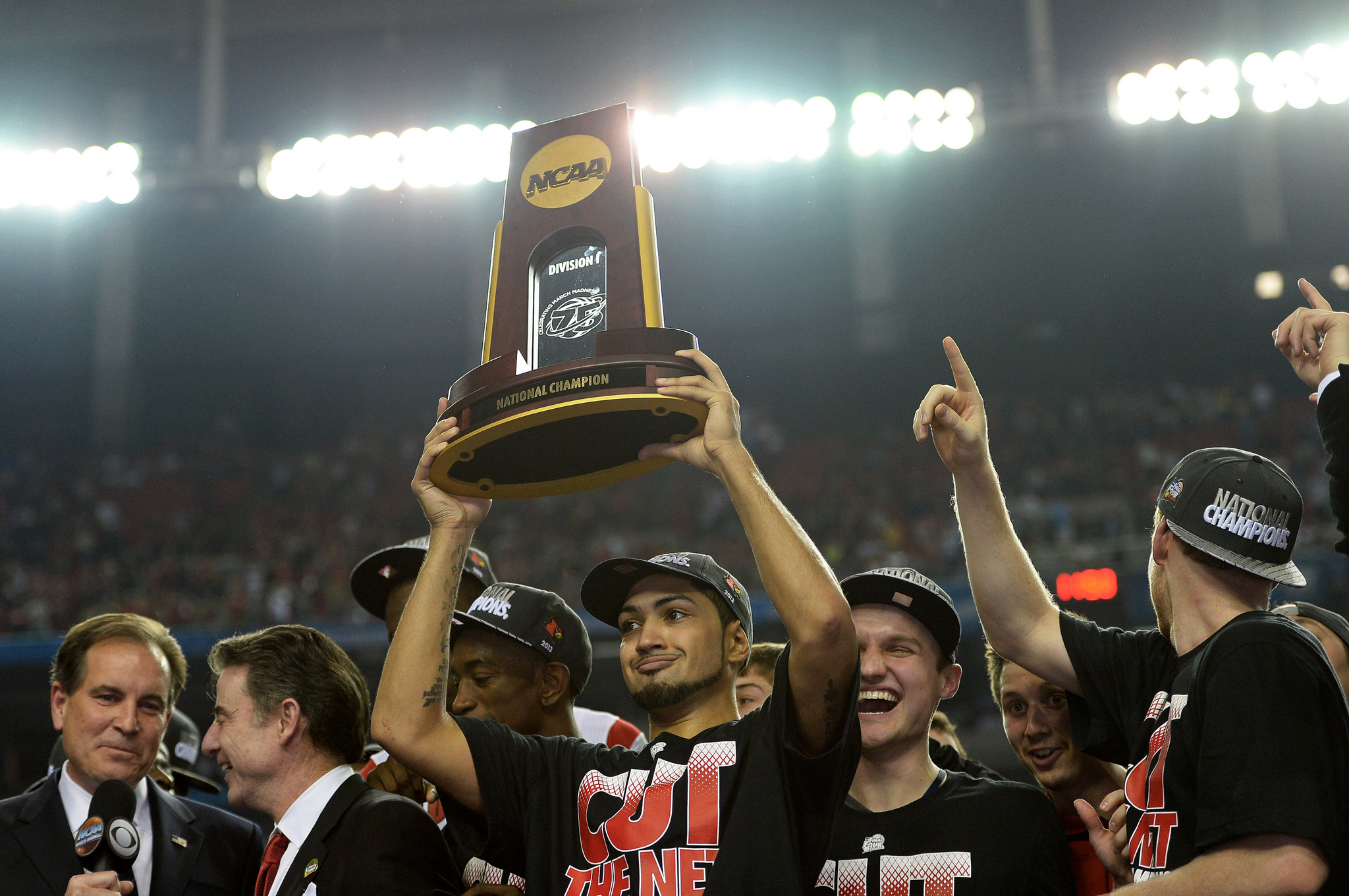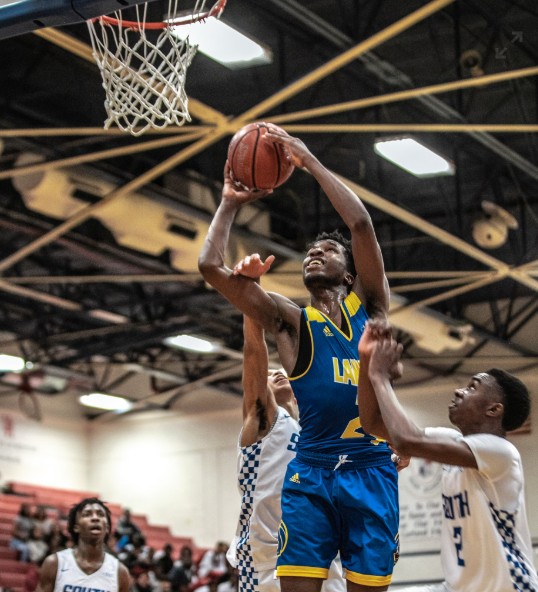
Photo by Ralphs_Fotos for Pixabay
As you’re getting ready to place your March Madness bets, 4C Predictions is using AI to create a Man vs AI machine challenge. NBC News’ George Solis speaks to the CEO of 4C Predictions and the famous sports gambler taking on the machine:
March Madness — the eagerly anticipated annual NCAA basketball tournament — captivates millions who attempt to predict its unpredictable outcomes. With the rise of artificial intelligence (AI), many are using these advanced systems to see if they can enhance bracket predictions.
AI vs. Professional Gambler
4C Predictions — a platform specializing in data analytics — is holding an audacious $1 million challenge pitting its AI-driven bracket against renowned sports gambler Sean Perry’s bracket. Alan Levy, CEO of 4C Predictions, believes that data analytics can outperform human intuition in sports betting. He says AI can “level the playing field for average bettors,” utilizing comprehensive data sets to reduce the element of risk.
Levy acknowledges how unpredictable sports can be – but isn’t that what we love most about it? He maintains that AI’s ability to process vast amounts of information can enhance prediction accuracy. The challenge between 4C Predictions’ AI – which favors Houston to win, and Perry – who’s going for Duke – shows just how much sports forecasting is leaning on the integration of AI.
AI’s Approach to Bracket Predictions
They’re using various AI models to forecast the outcomes of the NCAA tournament. OpenAI’s ChatGPT and Google’s Gemini both generated brackets that heavily favor top-seeded teams. ChatGPT’s Final Four included Auburn, Kansas, Duke, and Houston, with Duke winning the championship. And Gemini’s bracket features Auburn, UConn, Duke, and Houston, also predicting a Duke victory. These AI-generated brackets integrate historical data, often advancing No. 1 seeds deep into the tournament.
However, such a conventional approach has limitations. Since 1985, when the tournament expanded to 64 teams, there’s only been one time when all four No. 1 seeds made the Final Four together. Getting three No. 1 seeds to reach that far has only happened five times. This highlights just how volatile the tournament is and how AI models handle the human factor.
Challenges in AI-Driven Bracketology
Despite advancements, AI faces challenges in accurately predicting the NCAA tournament’s outcome. Cinderella stories and brutal takedowns are sure to stump AI models that rely heavily on historical data and statistical norms. Then there are practical issues like generating brackets with impossible matchups, which only goes to show ya, human oversight is critical to the bracket selection process.
The Experts Weigh In
Experts caution against over-reliance on AI for bracket predictions. Founder of betting site Pregame.com, RJ Bell advises that while AI can process extensive data, it can never fully capture the tournament’s volatility. A common mistake, Bell says, is being outrageously optimistic about No. 1 seeds, as a Final Four filled with top seeds is rare.
Sheldon Jacobson — a computer science professor at the University of Illinois — emphasizes the role of chance in the tournament. He compares bracket predictions to weather forecasting, where outcomes are expressed in probabilities rather than certainties, acknowledging the limits of both human and AI predictions.
The Wrap Up
AI can crunch numbers and spot patterns all day, but March Madness is chaos — and that’s the fun of it. Yeah, AI might help you make smarter picks, but no machine can predict buzzer-beaters, upsets, or that one team nobody saw coming. As the tech gets better, it’ll be part of the game — but the madness? That’s still ours.



